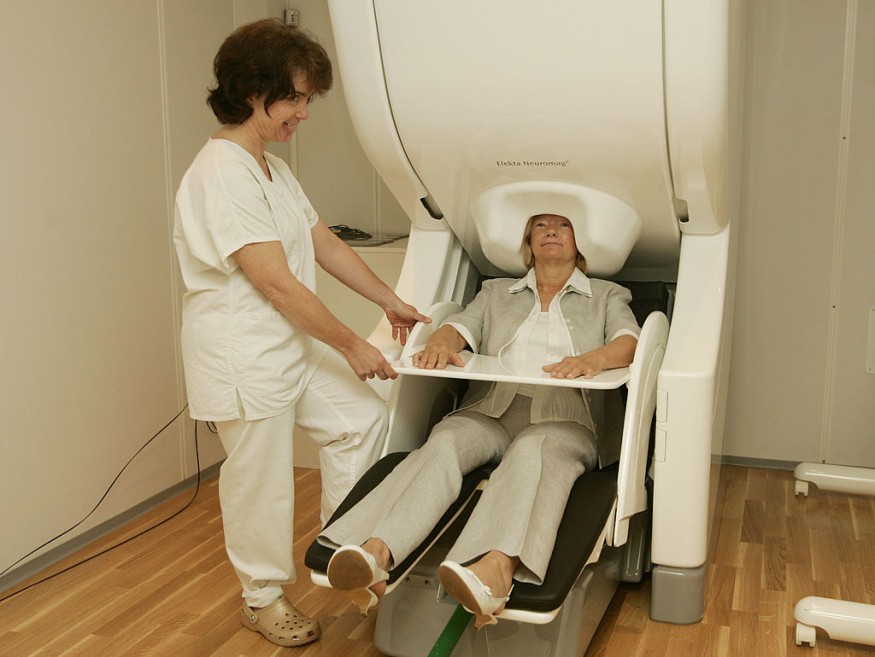Researchers recently revealed how incredible powers of learning play a vital role in one's played back memories. Specifically, such powers are a defining part of humanness, yet it has not yet been completely understood how the human brain absorbs new skills.
A ScienceAlert article said, powerful modern imaging techniques that enable one to look more closely at the manner memory consolidation is working have just emphasized the essentiality of wakeful rest during the learning process.
Researchers have been mindful since 1885 that resting between practice boosts memorization when learning new skills.
Now, scientists have witnessed that the brains are rapidly replaying new memories during such restful breaks when a new activity is being performed. The replays take place up to 20 times quicker than the physical act of practicing the activity.

10-Second Tests
According to the National Institute of Neurological Disorders and Stroke or NINDS neurologist Leonardo Cohen, this is the first-ever demonstration of wakeful neural replay of a newly learned skill stimulated by practice in humans.
Cohen added it'd been known for some time already how sleeping plays a crucial role in the physiology of memory consolidation, specifically played back memories, stabilizing, or potentially switching between memory as it moves to long-term from short-term storage.
In this new study, Consolidation of human skill linked to waking hippocampo-neocortical replay, published in Cell Reports, researchers observed how wakeful rest could do this for motor memory, where memory consolidation can be substantially more powerful compared to the similar process in sleep.
NINDS neuroscientist Ethan Buch, Cohen, together with their colleagues, put 30 participants to test. All volunteers typed the numbers "41234" using their non-dominant hand as rapidly and precisely as possible during 10-second tests.
MEG Imaging Technique
Each of the trials was followed by a 10-second period and repeated 36 times while having them recorded through MEG or magnetoencephalography.
This particular imaging technique, as explained in the UT Southwestern Medical Center, measures the magnetic fields produced by the electric currents of the brain cells, providing scientists with an extremely high-resolution glimpse of the activity of the brain.
Essentially, the magnetic fields' decay in the human brain tissues is much steeper than the one for electric fields, enabling one to tell apart much finer details than other approaches like electroencephalography.
The scientists observed that more frequent replays during rest periods are aligned with better-learnt skills. The team explained this is quite fast to be a form of conscious mental practice.
Furthermore, the replays occurred more often in the first 11 tests, up to 30 times during 10 seconds of rest, which has the sharpest part of the learning curve.
Fast Waking Replay
According to Buch, their data specify that often, fast waking replay is reinforcing hippocampus and neocortical links learned during previous practice, a process, he added, relevant for the improvement of subsequent performance and wakeful consolidation of a skill.
The research team thinks the brains that press replay on the activity they just recorded is what's recruiting the brain networks engaged in processing and storing such skills.
They discovered this involved one's hippocampal sensorimotor and the brain's entorhinal parts. The hippocampal and medio-temporal activity's strong involvement in a procedural motor memory's replay was surprising, given that this memory type is frequently thought as not necessitating hippocampal contributions, explained Buch.
Together with his team, Buch warns that they have yet to establish that having the memory replayed itself is what's causing it to turn out into a skill.
Related information about magnetoencephalography is shown on Arkansas Children's YouTube video below:
RELATED TOPIC : Your Happiness Might Very Well Be Inherited, Says Scientists
Check out more news and information on Brain in Science Times.











